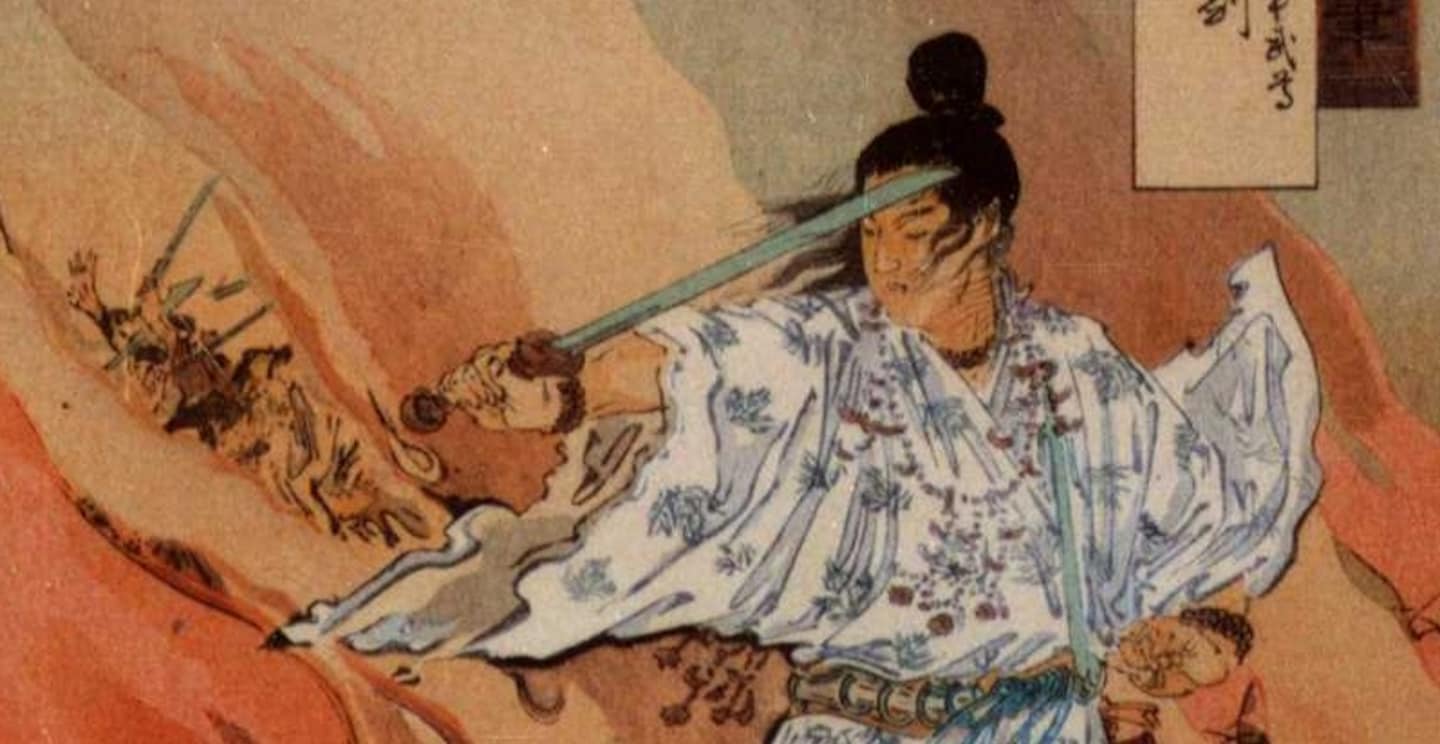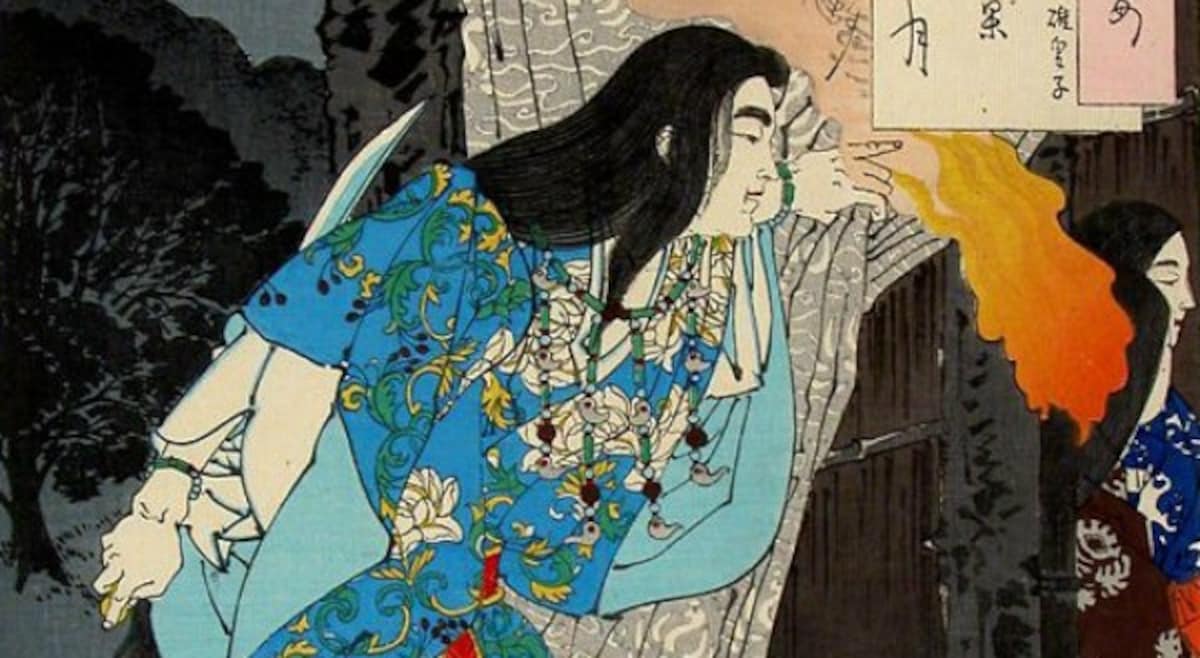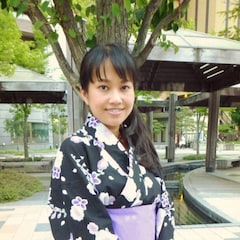Onsen Myths of Fukushima
Onsen, or hot springs, are an important part of Japanese culture, and they’re one of the things I missed the most while living in the U.S.
By Yumiko SatoVibrations from the Earth
http://livedoor.blogimg.jp/tabinozasshi/imgs/b/0/b0872717.JPG
Many onsen have a unique history, and older onsen may even have a deep level of mythology associated with their origins. One such place I know of is Iizaka Onsen, a well-known onsen town in northern Fukushima where my family is from.
The Sabako-yu public bathhouse is the oldest onsen in Iizaka. One night I went there with my cousin. The water was extremely hot, but no one seemed surprised. I suspected that they were local people who went there often. Everyone was quietly bathing in the milky looking water. As I finally got used to the temperature, it felt like the energy from the earth was vibrating over my skin. The sensation of onsen water on the body is something you have to experience to know.
Legendary Healing
The history of onsen in Japan goes back to the nation’s beginning. Sabako-yu is known as a place where Yamato Takeru, a legendary second-century prince of the Yamato dynasty, bathed to cure himself when afflicted with an illness. The son of the 12th emperor of Japan, he was originally named Prince Osu, but following a cunning stratagem in which he disguised himself as a maid to surprise his enemies, he was dubbed Yamato Takeru, or The Brave of Yamato. Feared by his father, he never ascended the throne, though his son Chuai would eventually do so as the 14th emperor. Yamato Takeru’s story can be found in the Kojiki, the oldest extant chronicle of Japan written in 712, as well as in the Nihon Shoki, completed in 720.
The older the history of onsen, the more likely you’ll find a mythology attached to it. Although we know these are simply myths and not truth, we still enjoy the stories. They show that onsen have always had a special meaning for Japanese people.





